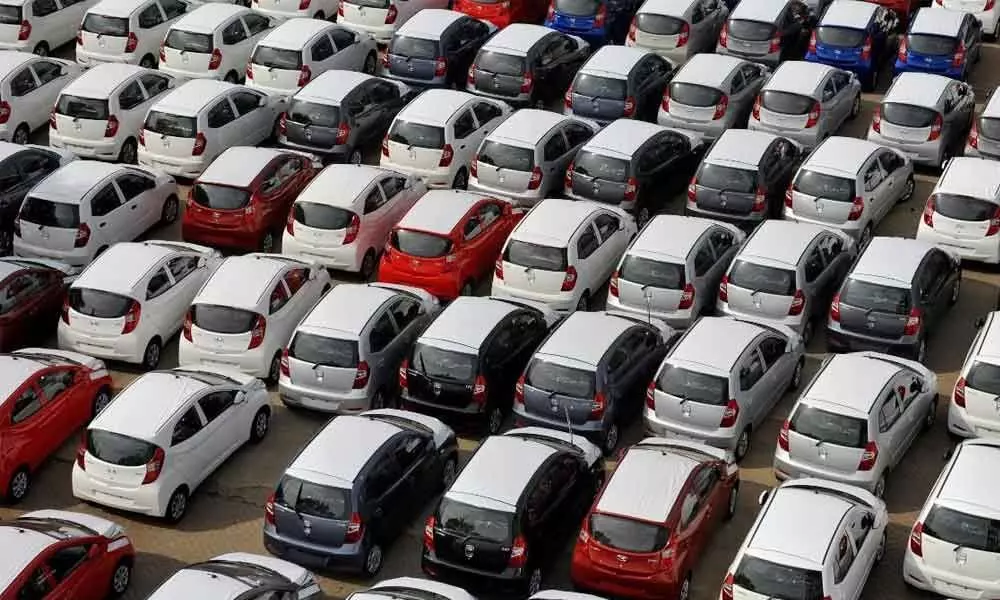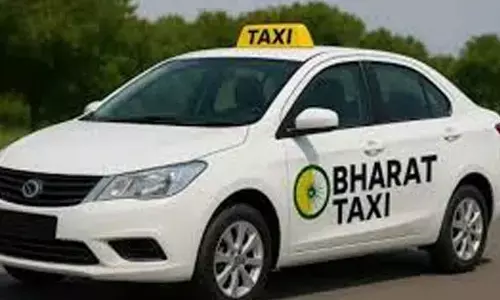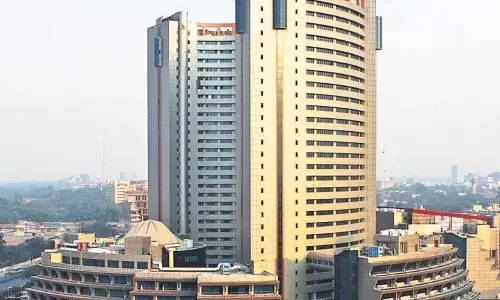Centre unlikely to cut GST on automobiles

Centre unlikely to cut GST on automobiles
Wants auto cos to reduce costs, royalty payments instead
New Delhi: In a setback to the automobile industry looking for a reduction in GST rates to help tide over the present crisis, the Finance Ministry has said current taxes on the sector were lower than pre-GST times and the industry should rather look at reducing their costs by cutting down the royalty payments to parent companies abroad instead of asking the government to change the GST rates.
Top sources in the Finance Ministry said that India's tax policy on automobiles has been quite consistent for the last three decades now in the form of allowing foreign investment and incentivising domestic manufacturing by providing reasonable protection from imports.
"The industry has on its part delivered. It has contributed by way of large investments and employment. All of a sudden, dissent in some quarters on tax rates on automobile is surprising. In fact these companies should cut down their costs of manufacturing by cutting down the royalty payments to their parent companies abroad instead of asking the government to reduce GST," the Ministry sources said.
Finance Minister Nirmala Sitharaman's recent statement at an industry event suggesting that concerns of the industry in GST would be taken to the GST Council, fuelled speculation that rates on automobiles may be reduced. Minister of Heavy Industries and Public Enterprises Prakash Javadekar early this month also said the central government is looking into the automobile industry's recommendation for a reduction in Goods and Services Tax (GST) rates by 10 per cent across all categories of vehicles.
However, sources said that the GST Council is unlikely to accept a cut in rates as most states are not in favour in tampering with the tax rates during the current pandemic. The Council is now focused on GST compensation and how to mobilise resources to bridge the gap between expected and actual GST collection this year.
With the introduction of GST, multitude of taxes in the form of excise duty, special excise duties, cesses, VAT, CST etc, gave way to uniform GST. Vehicles, based on their high pre-GST incidence have been placed in 28 per cent slab.
Passenger vehicles also attract compensation cess ranging from 1 per cent to 22 per cent. Finmin sources said, even with compensation cess the taxes on automobiles have not gone beyond pre-GST incidences except may be in few that were enjoying certain duty concessions.
Official sources said that there has been complete certainty as such in the auto sector taxation in India. Certain concessions have been provided to electric vehicles and to hybrid vehicles. Also, the most established players of the auto sector have been in India for quite some time and are used to the regulatory and taxation environment and have flourished in this regime.
It is evident from the huge payouts in the form of royalty made by these auto companies to their parent companies located abroad. So the contention that high taxation in auto sector is causing a demand slump and difficulty in scaling up for auto players does not hold, they said.
Asked whether the present GST structure along with compensation cess makes Indian automobiles sector pay among the highest taxes globally, the top government source quoted above said that this was not true.
"The GST on automobiles is in the highest GST bracket across the globe without much exception. In fact, world over, automobiles are subject to taxation on the higher side.
Say, for example, Japan currently has three types of taxes on automobiles - once on purchase, then an annual automobile tax (yes, an annual tax) based on engine size and finally a weight tax at inspections required once every two years. Over and above this, there is GST at the highest of the applicable rates."










